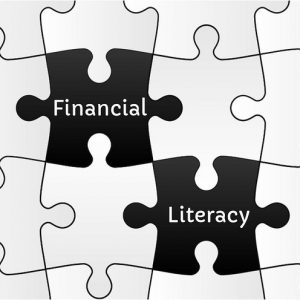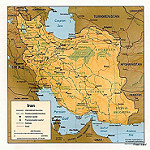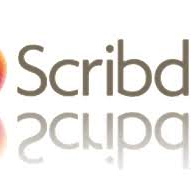The verdict is in. With headlines such as HarperCollins Sales Near $2 Billion and Publishing Sales Jumped 18.1% and First Half Profits Soared at Penguin Random House, it’s clear that at least in term of earnings, Covid is not having a negative impact on publishing. I should be thrilled. My industry is sound. This is good for authors. Time to celebrate. Right? Yet, I’m grumpy. Here’s why.
I’m glad that the future picture of publishing is rosy. I just wish there was movement in the industry to share that financial rosy picture with the content creators who make it possible. The opposite is happening. Royalty share to authors has contracted in the last five to seven years.
A few examples:
For YA and children’s deals, when I first started in this biz, it was common to negotiate royalties for a project starting at 8% with an escalation to 10%. Now that royalty structure has gone the way of the dinosaur. Publishers hold the line at 7.5% (excepting grandfathered-in authors with higher royalty structures). All this despite the children’s segment being a huge revenue-growth sector for publishing for the last decade. As publishers earned more, authors received a smaller piece of the earning pie with this reduction in royalty.
In the mid-2000s, Random House used to pay an ebook royalty of 25% of retail price until advance earn-out, and then it switched it to 25% of net receipts (which roughly equals about 17% of retail price). And there were deals where publishers offered 30% or even 40%. That went the way of the dinosaur, too (except for the highest echelon of established authors). And to be clear, I’m talking about traditional publishing here. Plenty of smaller, indie, electronic-only houses probably still offer those kinds of rates.
The death of the mass-market format. This used to be a whole other royalty revenue channel for the author. It’s mostly just gone now (and ebook sales do not make up the difference). Despite the trade-paperback format becoming king and increasing earnings for publishers, there is no movement from the 7.5% flat royalty rate in over two decades. Two decades. Probably longer.
And then there is audio. Earnings from this format have skyrocketed in the last five years. Yet here we are at 25% of net receipts for digital download and publishers “insisting” they must control audio rights when agents used to partner with audio-only publishers and would still prefer that.
So yep. I’m grumpy.
To add insult to injury, lemon juice to the wound, or insert another catchy phrase here, agents often heard several variations of the following this past year:
- Because of Covid, we have an abundance of caution and that is reflected in the advance we are offering.
- Because of Covid, sadly we’ll not be able to pick up this author’s latest option material.
- Because of Covid, we are not supporting (translation: spending any money on) in-person events.
The litany is that publishing profit margins are “slim,” costs of printing are higher now, etc., etc., etc. Yet these recent headlines paint a different picture. And although Publishers Marketplace recently reported that at long last, advance levels are on the rise for the last quarter of 2021, the advance is only one part of the publishing-earnings pie. A book doesn’t exist without the content creator. The author. I’d love to see a headline that proclaims a publisher is offering authors a bigger slice of that earnings pie. Now that would make me smile.
Photo by Cats Coming from Pexels











